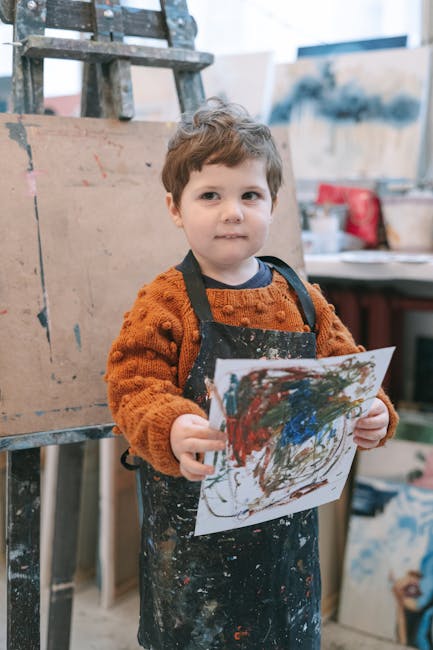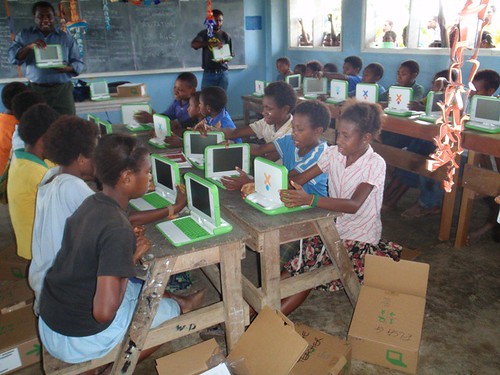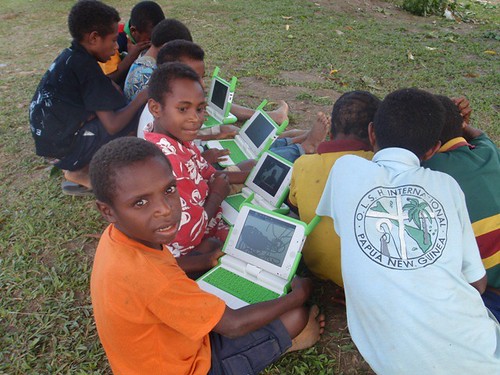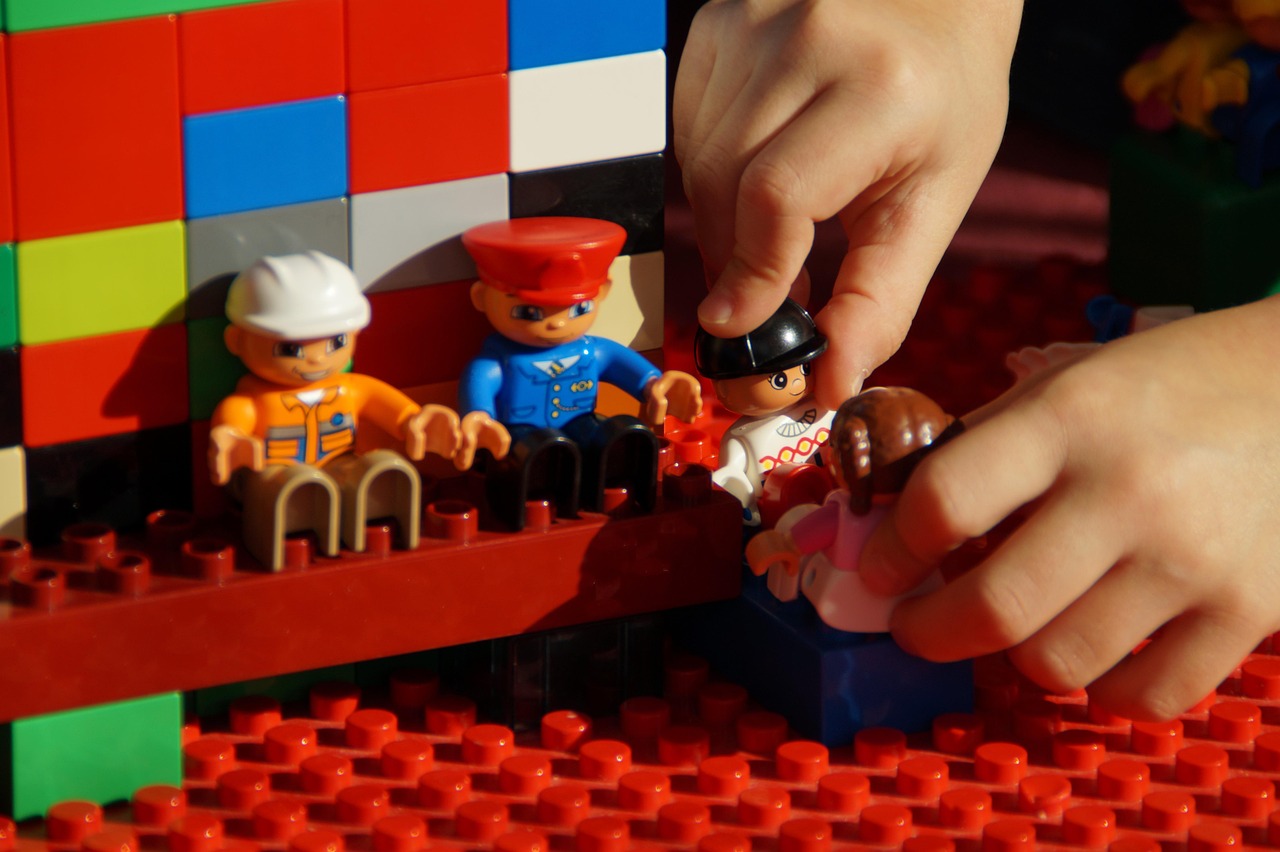Your cart is currently empty!
By
John Abraham
| UPDATED

The world often tells kids to race ahead, to outshine, to win. But deep down, most parents want something more lasting—to raise children who are kind. Kindness does not always grab the spotlight, but it is what builds friendships, communities, and character. Teaching kids to value kindness in the midst of competition helps them grow into people who make the world gentler and stronger.
Understanding Kindness in Modern Times

Kindness is more than just polite behavior; it’s a profound empathy that involves recognizing and valuing others’ perspectives. In our digitally-driven world, where interactions can be brief and impersonal, teaching children to connect genuinely becomes vital. Parents can model this by engaging in meaningful conversations and demonstrating active listening. Encouraging kids to express gratitude and showing them how small gestures impact others can foster a deep understanding of kindness.
Navigating Competitive Environments

In competitive settings like schools or sports, children often face pressure to excel. It’s crucial to emphasize the value of collaboration and mutual support rather than relentless competition. Discuss scenarios where teamwork leads to success, highlighting how offering help can unite a group towards a common goal. Parents might say, “Helping a classmate understand a tricky problem can be just as rewarding as getting the right answer yourself.” This reframes competition into a shared journey.
Balancing Ambition and Empathy

Ambition and empathy need not be opposing forces; instead, they can complement each other beautifully. Encourage children to pursue their goals with passion while remaining attuned to others’ needs. Create opportunities where they can lead with compassion, such as organizing a group project. Say, “While it’s great to aim for top grades, remember that helping a friend succeed too brings its own rewards.” This teaches them to value success that uplifts everyone.
Real-Life Stories of Kindness

Sharing real-life stories of kindness can profoundly influence children. Narrate tales of individuals whose small acts of generosity led to significant change, like a student who started a kindness club in their school. These stories offer relatable models for children, illustrating that even simple actions can have substantial impacts. Encourage them to reflect on how they can apply similar principles in their own lives, fostering a culture of kindness through inspiring narratives.
Encouraging Positive Social Skills

Developing social skills is crucial for fostering kindness. Engage children in role-playing scenarios that teach empathy, such as resolving conflicts with friends or responding to a peer in distress. Offer phrases like, “It looks like you’re upset. How can I help?” to guide them in navigating social situations thoughtfully. These interactions build emotional intelligence, equipping children with the tools they need to form genuine connections and respond compassionately to others.
Role of Parents in Cultivating Kindness

Parents serve as the primary role models for children, making it essential to demonstrate kindness consistently. Whether it’s helping a neighbor or volunteering time, showing rather than telling leaves a lasting impression. Engage in activities that promote caring, like family service projects, and discuss the experiences together. Use affirmations like, “Kindness is our family value,” to instill its importance. As children witness and participate in acts of kindness, they learn its intrinsic value.
Incorporating Kindness in Daily Routines

Integrating kindness into daily routines can be as simple as setting aside moments for reflection or gratitude. Encourage children to think of one kind act they can perform each day, whether it’s sharing a snack or complimenting a friend. Create a “kindness calendar” where they can track these actions, reinforcing the habit. By embedding kindness in everyday life, it becomes second nature, fostering a mindset where empathy and compassion are integral to daily interactions.
Building a Supportive Community

Children thrive in environments where kindness is a shared value. Foster connections with like-minded families and organize community events that promote empathy, such as neighborhood clean-ups or charity drives. These experiences create a network of support, reinforcing the importance of community involvement. Parents can say, “Our community grows stronger when we all look out for each other,” to emphasize that kindness extends beyond the home and into the world at large.
Educational Systems and Kindness

Schools play a critical role in nurturing kindness. Advocate for programs that emphasize social-emotional learning, where empathy and collaboration are as valued as academic success. Engage with educators to explore ways kindness can be integrated into the curriculum, such as through group projects that focus on community service. By supporting initiatives that prioritize kindness in education, parents can help shape an environment where compassion and learning go hand in hand.
Overcoming Challenges to Nurture Kindness

Nurturing kindness can encounter obstacles like peer pressure or societal expectations. Address these challenges by maintaining open communication, encouraging children to voice their concerns. Role-play scenarios where they may face pressure to conform and discuss strategies to stay true to their values. Remind them, “It’s okay to stand out for doing the right thing.” Emphasizing resilience in the face of adversity empowers children to uphold kindness even when it’s not the easiest path.

